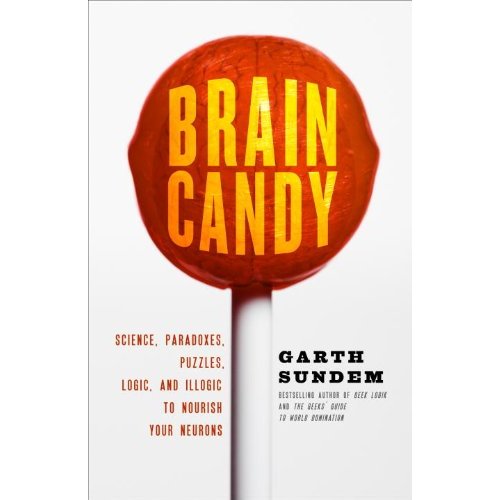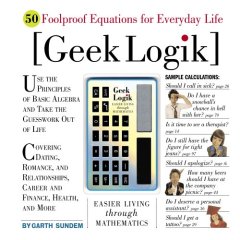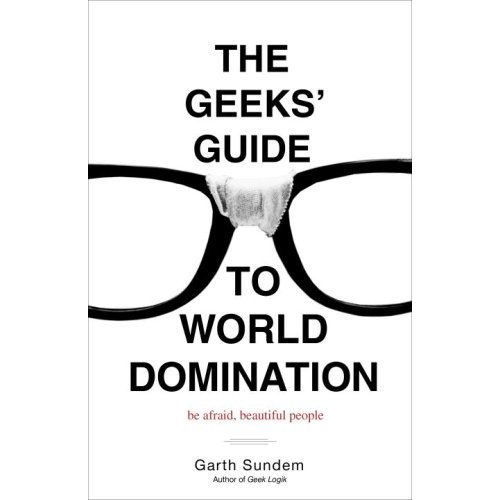This is what neural nets do: they predict the future by quantifying the past.
A relatively simple example of this in the brain is the hippocampus. Electrical signals go in one end and are spit out the other. Every time a certain stimulus arrives, it goes out another certain way, like dropping a ball into a pegboard maze and watching it bounce through the matrix to a predefined exit. Only, in the hippocampus there happen to be millions and millions of inputs and outputs.
How does this electricity know how to route itself inside the hippocampus? The neural net learns how.
When you're young, you drop millions of test balls into your hippocampus. They bounce through the matrix, and pop out at random exits. Some happen to exit at the right places and only these complete start-to-finish pathways are reinforced. Eventually, the neural net of your hippocampus leans which paths are successful and becomes able to correctly route these inputs.
In artificial use, in addition to the very important problem of sheep mastication, neural nets have been used in face and handwriting recognition, chess software, hybrid vehicle control, data mining, attempts at stock market modeling, and email spam filtering. Neural nets have also been used to create an artificial nose. This sniffer uses a chemical sensor to recognize the many little bits that make up a smell (inputs) and a neural net to predict what source these bits come from (output). These artificial noses will soon be the new canaries: put them in the presence of questionable odors and they will define the danger.
Now imagine you're trying to predict the perfect action for you, next. First answer the question what kind of geek are you? Mow, if input="math geek", goto
your nearest bookstore and purchase a copy of Geek Logik: 50 Foolproof
Equations for Everyday Life. If you're a full featured, renaissance
geek of all trades looking for a good time at others' expense, consider a
copy of The Geeks' Guide to World Domination:
Be Afraid Beautiful People. And if you're a geek of the mind,
consider preordering a copy of my new book, Brain Candy: Science,
Paradoxes, Puzzles, Logic and Illogic to Nourish Your Neurons
(shipping August 3rd).







Comments